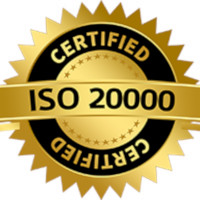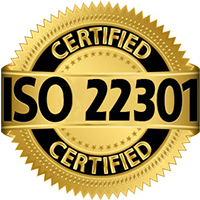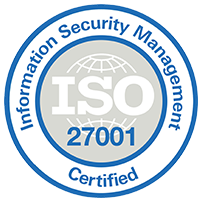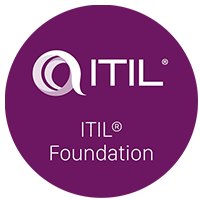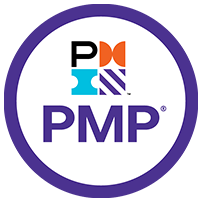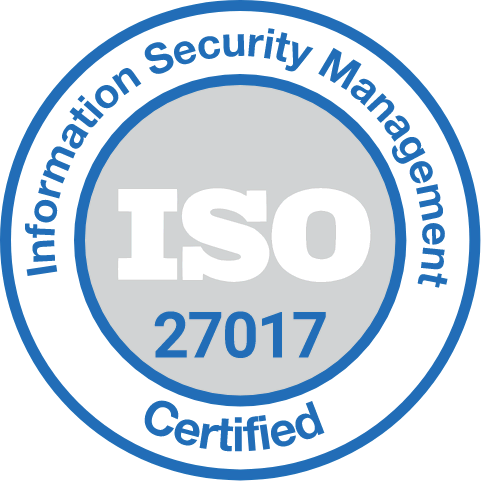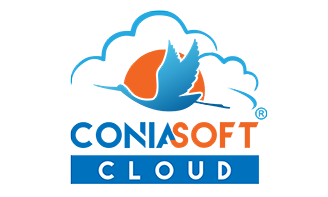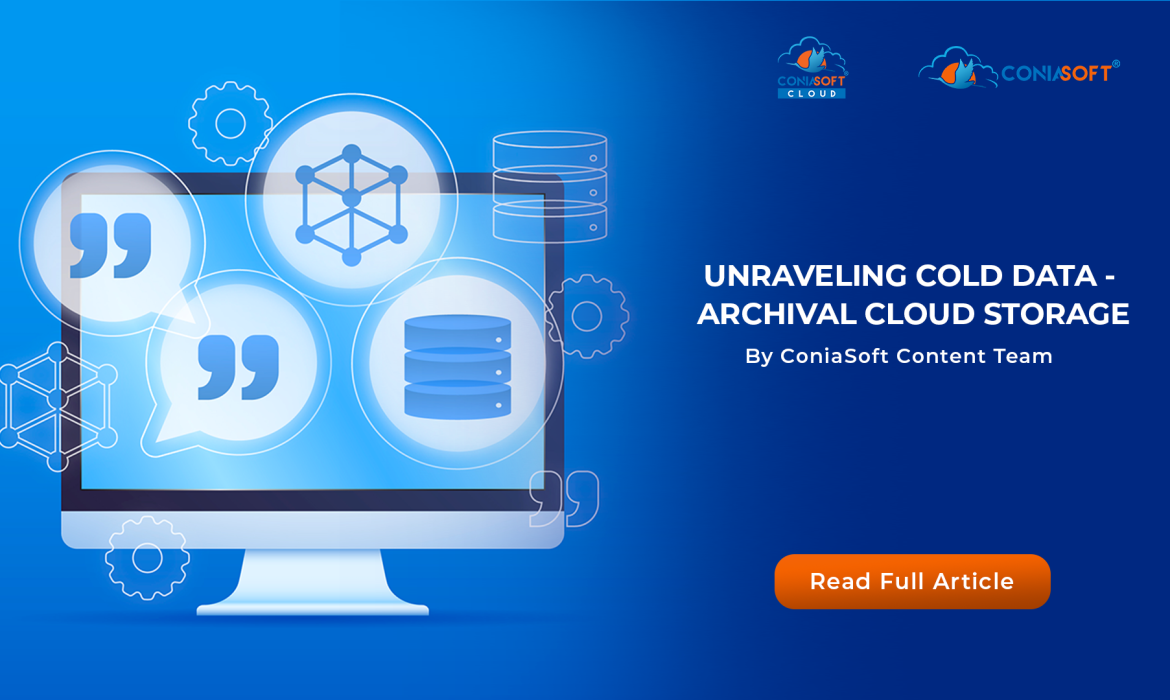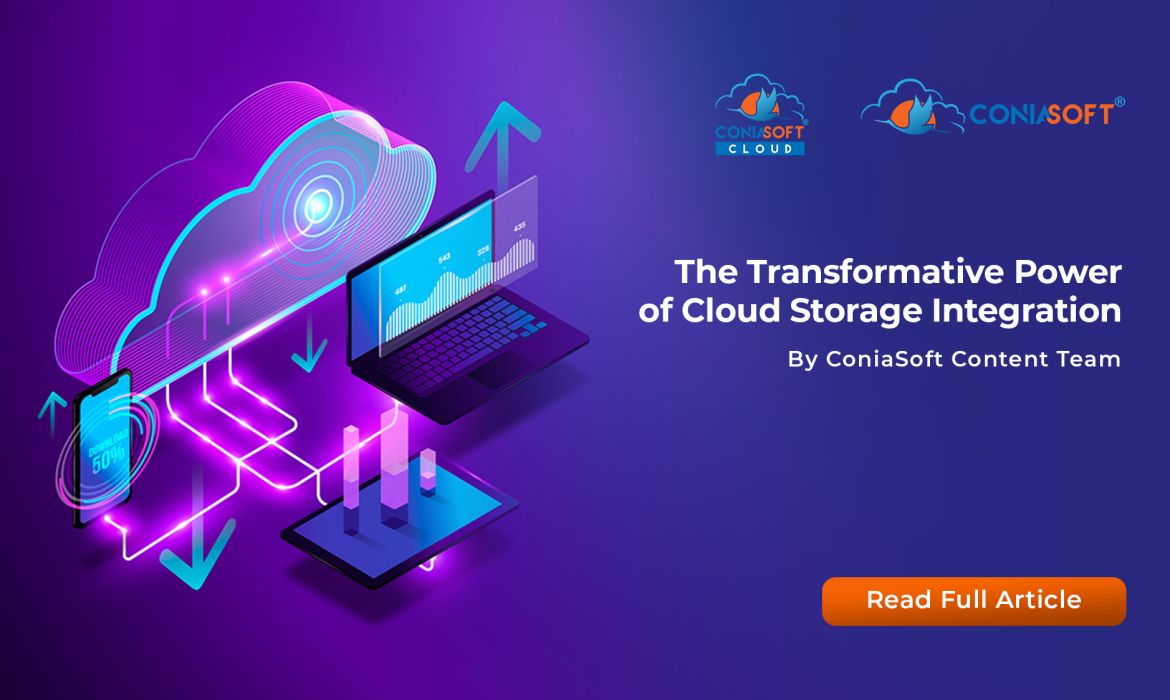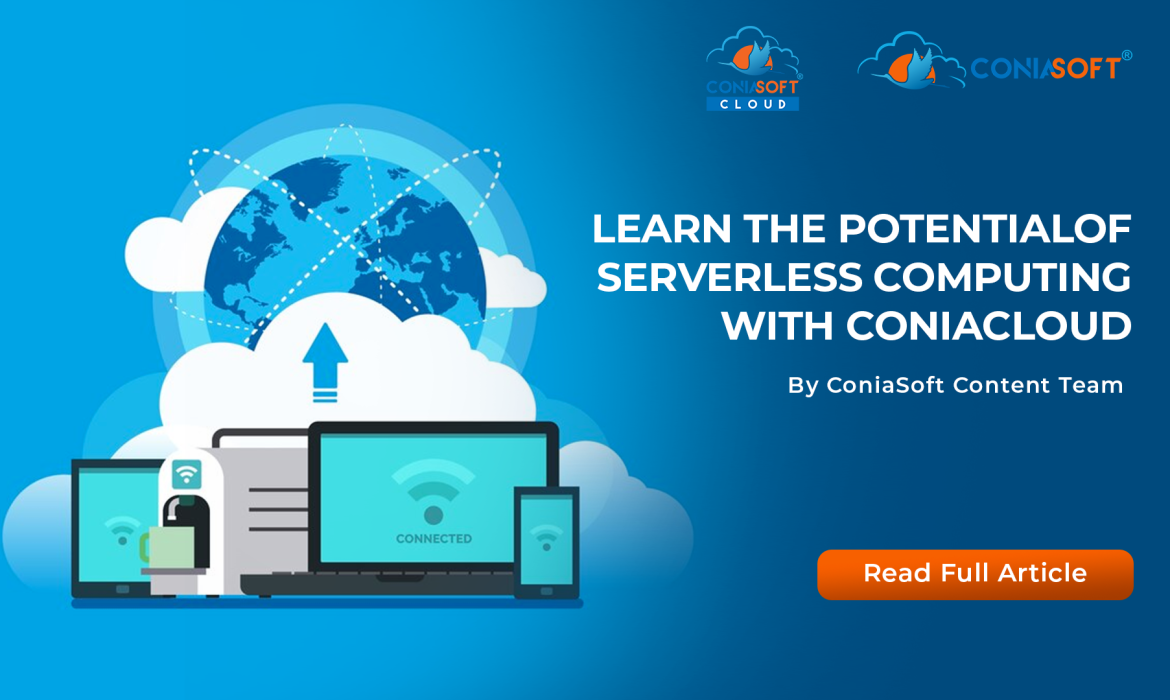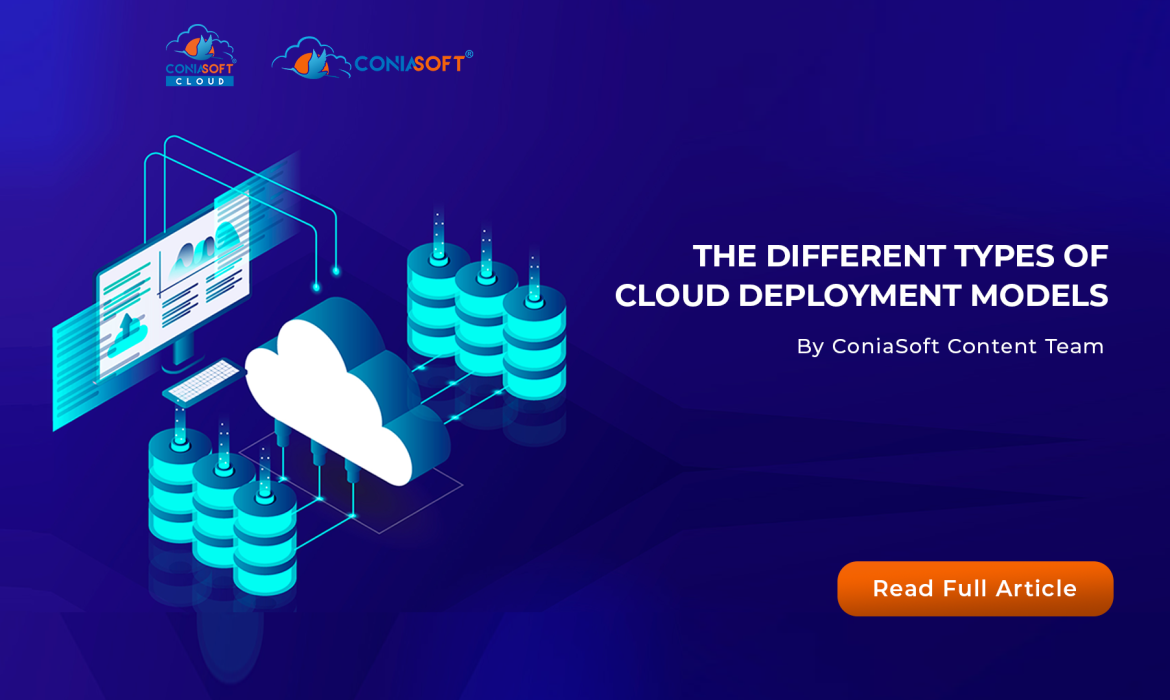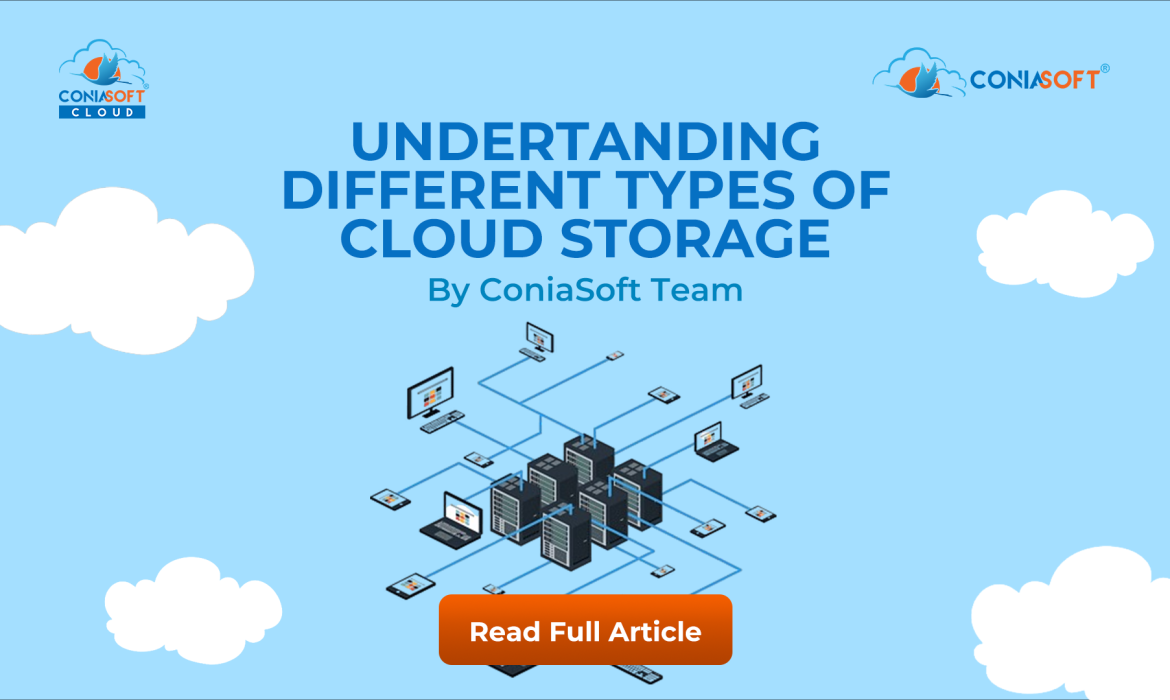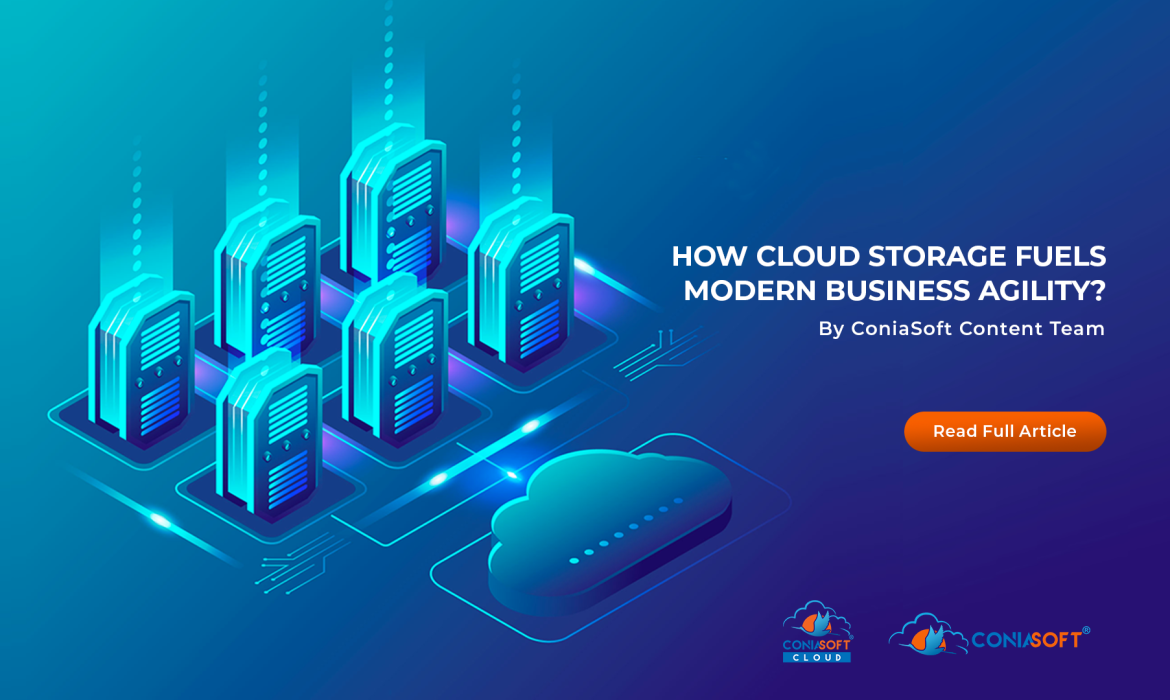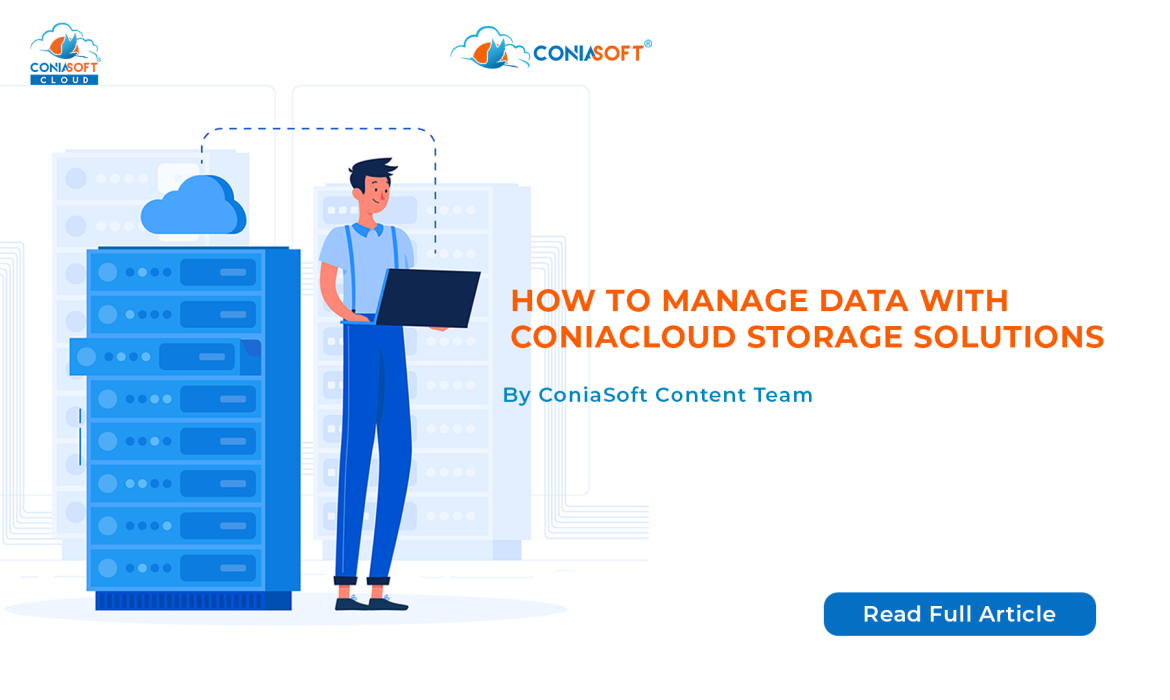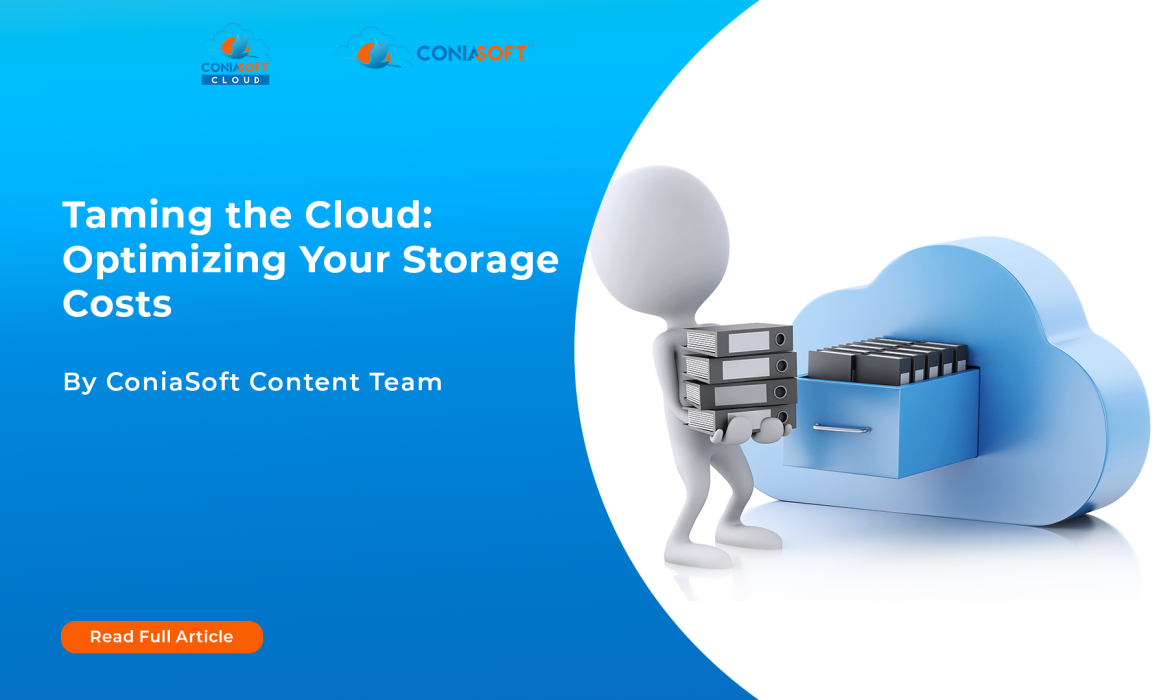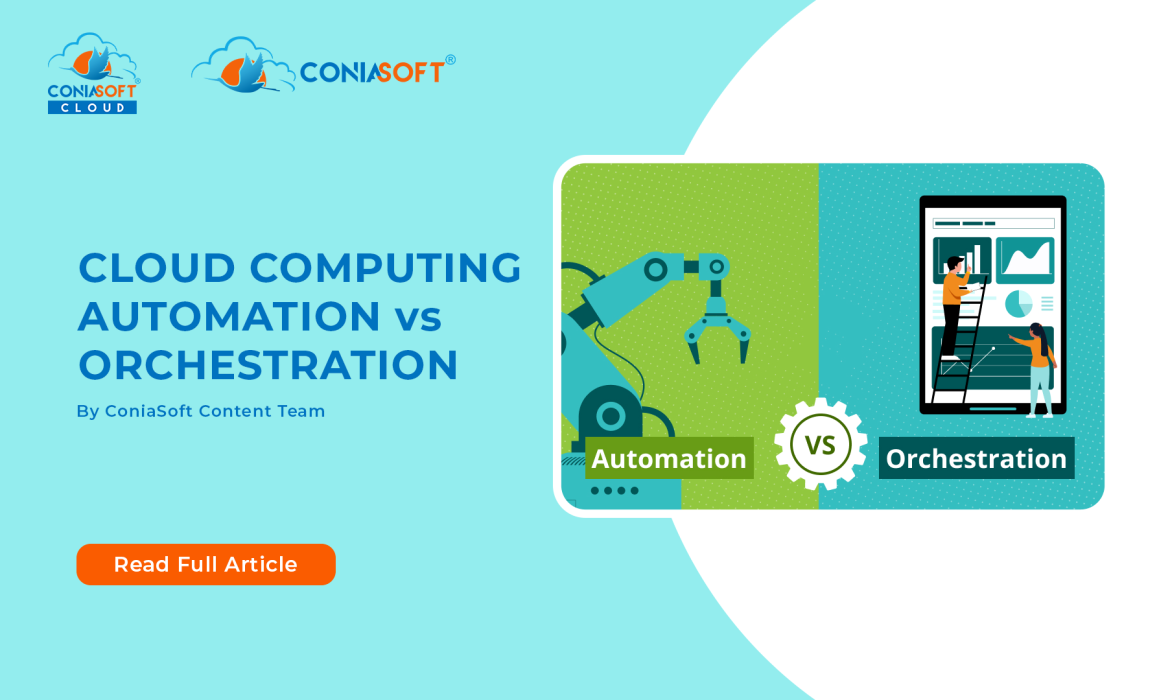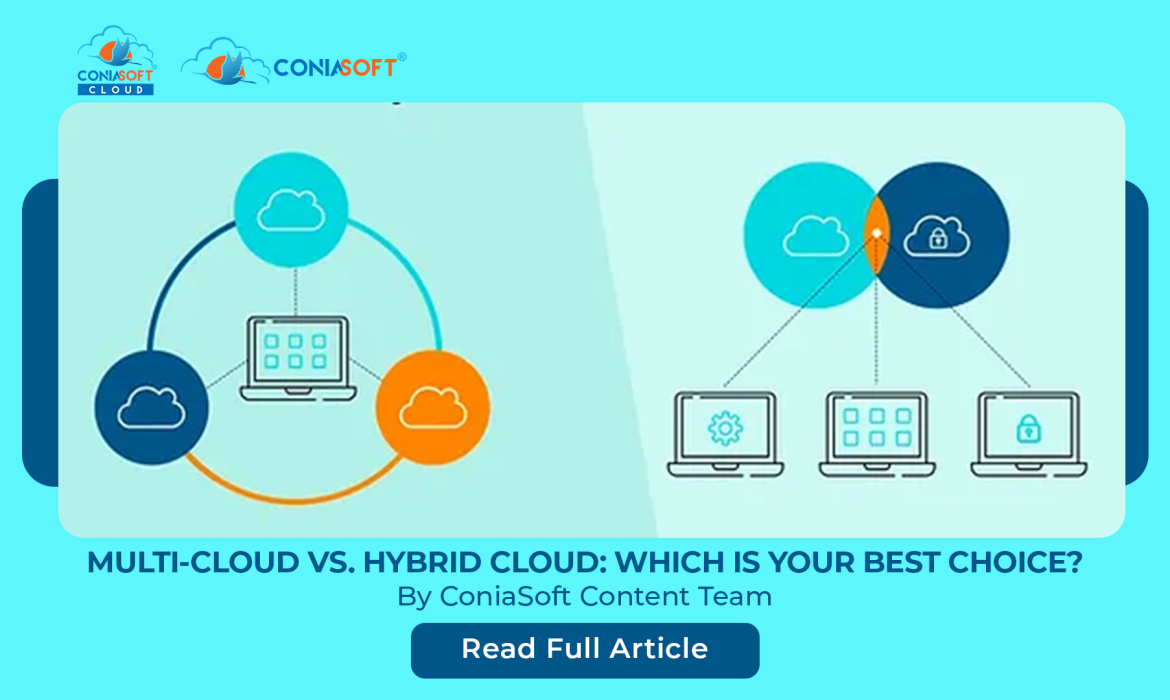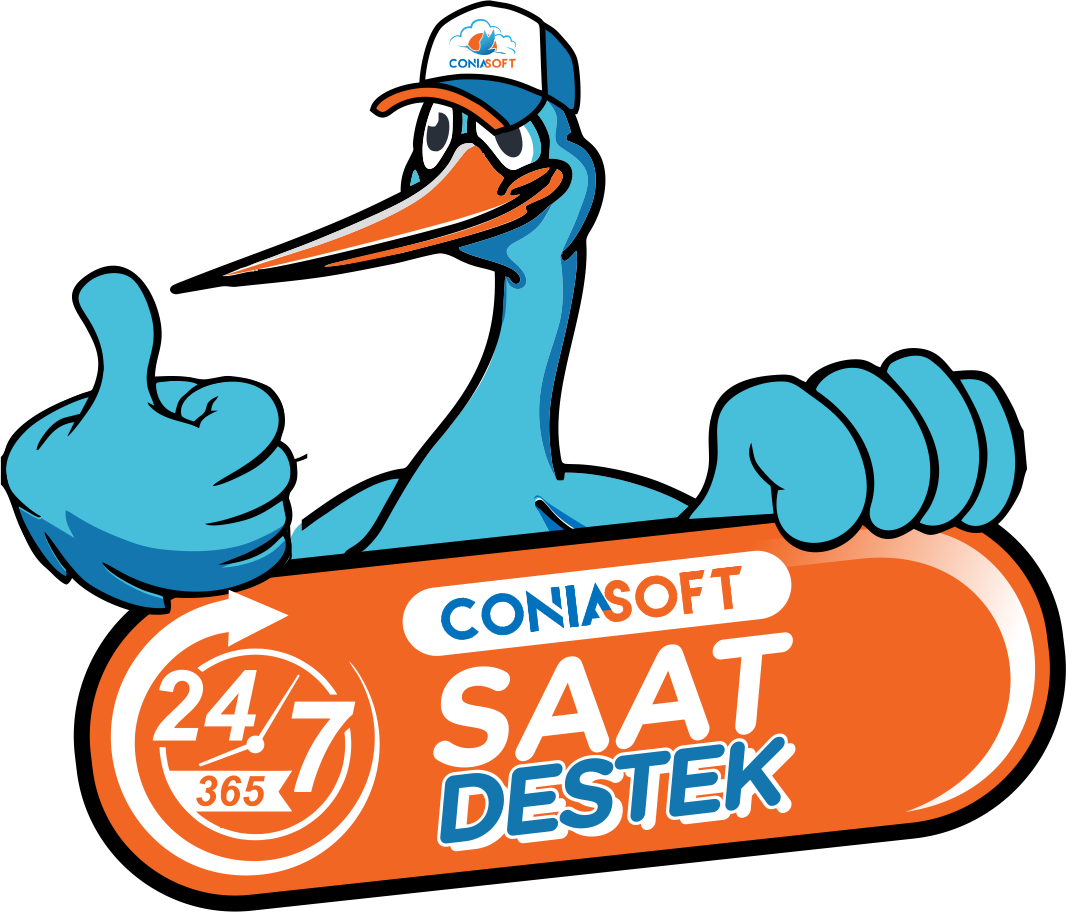CONIACLOUD BLOG UNRAVELING COLD DATA – ARCHIVAL CLOUD STORAGE
In the bustling and ever-evolving landscape of cloud storage, we often find ourselves immersed in discussions about “hot” data – those files and databases that we access frequently and rely on for our day-to-day digital activities. However, lurking quietly in the shadows is a vast and largely unexplored territory filled with “cold” data, which accumulates with the passing of time, harboring immense potential and value. Today, let’s venture into the intriguing world of archival cloud storage and uncover the distinct challenges and remarkable opportunities that it presents.
CONIACLOUD BLOG The Transformative Power of Cloud Storage Integration
Cloud storage has transcended its origins as a mere digital filing cabinet, emerging as a fundamental pillar of contemporary business practices. Today, this dynamic technology sits at the heart of modern enterprises, intricately woven into a vast ecosystem of other cloud services that fuel innovation, enhance efficiency, and reshape the way we operate. Let’s delve into the various ways this powerful integration is revolutionizing our work environments.
CONIACLOUD BLOG LEARN THE POTENTIAL OF SERVERLESS COMPUTING WITH CONIACLOUD
The cloud has fundamentally transformed the way we develop and deploy applications, paving the way for a more efficient and dynamic approach to technology. In the past, managing physical servers was a labor-intensive process filled with challenges, such as scaling issues and the financial burden of paying for unused resources. However, a quiet revolution is underway even within this cloud landscape: serverless computing. At ConiaCloud, we are not merely offering cloud services; we are empowering businesses to harness the full potential of this innovative paradigm shift.
CONIACLOUD BLOG THE DIFFERENT TYPES OF CLOUD DEPLOYMENT MODELS
The advent of cloud computing has transformed the business operations landscape, providing unparalleled scalability, flexibility, and cost-effectiveness. However, referring to it simply as “the cloud” lacks the nuance needed to make informed decisions. Much like selecting the ideal vehicle for a specific journey, choosing the appropriate cloud deployment model is essential for achieving optimal outcomes. These models dictate the location of your data and applications, as well as the methods by which they are managed and secured. Let’s delve deeper into the four primary cloud deployment models, each offering unique advantages tailored to varying business needs.
CONIACLOUD BLOG UNDERSTANDING DIFFERENT TYPES OF CLOUD STORAGE
In our increasingly digital world, data reigns supreme, forming the backbone of personal and professional endeavors. To effectively manage and safeguard this ever-expanding repository of information, cloud storage has emerged as an essential resource for both individuals and organizations. However, the term “cloud storage” encompasses a rich tapestry of options, each tailored to meet specific needs and circumstances. From the robust capabilities of enterprise-level solutions to the streamlined simplicity of personal storage options, understanding the nuances of these diverse offerings is crucial in selecting the right solution for your unique data requirements.
CONIACLOUD BLOG HOW CLOUD STORAGE FUELS MODERN BUSINESS AGILITY?
The modern business world is a whirlwind of change. Agility, scalability, and cost-effectiveness are no longer buzzwords – they’re necessities for survival. And at the heart of this transformation lies data. We’re drowning in it. From customer interactions and market trends to operational logs and innovative designs, data is the lifeblood of today’s enterprises. But managing this deluge efficiently is a monumental challenge. This is where cloud storage steps in, offering a lifeline for businesses struggling to stay afloat in the sea of data.
CONIACLOUD BLOG HOW TO MANAGE DATA WITH CONIACLOUD STORAGE SOLUTIONS
Tired of juggling external hard drives? Is your precious data scattered across multiple devices, leaving you in a constant state of panic? Do you dream of seamless access to your files from anywhere in the world? Then it’s time to embrace the future of data management with cloud storage, and ConiaCloud is here to guide you.
Taming the Cloud: Optimizing Your Storage Costs
Cloud storage provides remarkable flexibility and scalability, allowing businesses to easily adapt to changing demands. However, without careful management, these advantages can rapidly lead to escalating costs. In today’s competitive environment, where financial efficiency is essential, it becomes vital for organizations of all sizes to implement effective strategies for optimizing their cloud storage expenses. By doing so, they can harness the full potential of cloud solutions while maintaining budgetary control and ensuring sustainable growth
CLOUD COMPUTING AUTOMATION vs ORCHESTRATION
When it comes to cloud computing, automation and orchestration are valuable technologies and processes, but there isn’t always clarity on what they are and what benefits they provide. Although the two names are frequently used interchangeably, IT teams should grasp each of them and their relationship. Let’s go find them together!
MULTI-CLOUD VS. HYBRID CLOUD: WHICH IS YOUR BEST CHOICE?
ConiaSoft provides organisations with hybrid and multi-cloud solutions that satisfy the need for data mobility and flexibility. These solutions can be self-managed or fully managed in datacenters or cloud service providers. This blog article discusses the significance of hybrid and multi-cloud computing, how they drive innovation, and how demand for these solutions shapes present and future cloud computing offerings.
